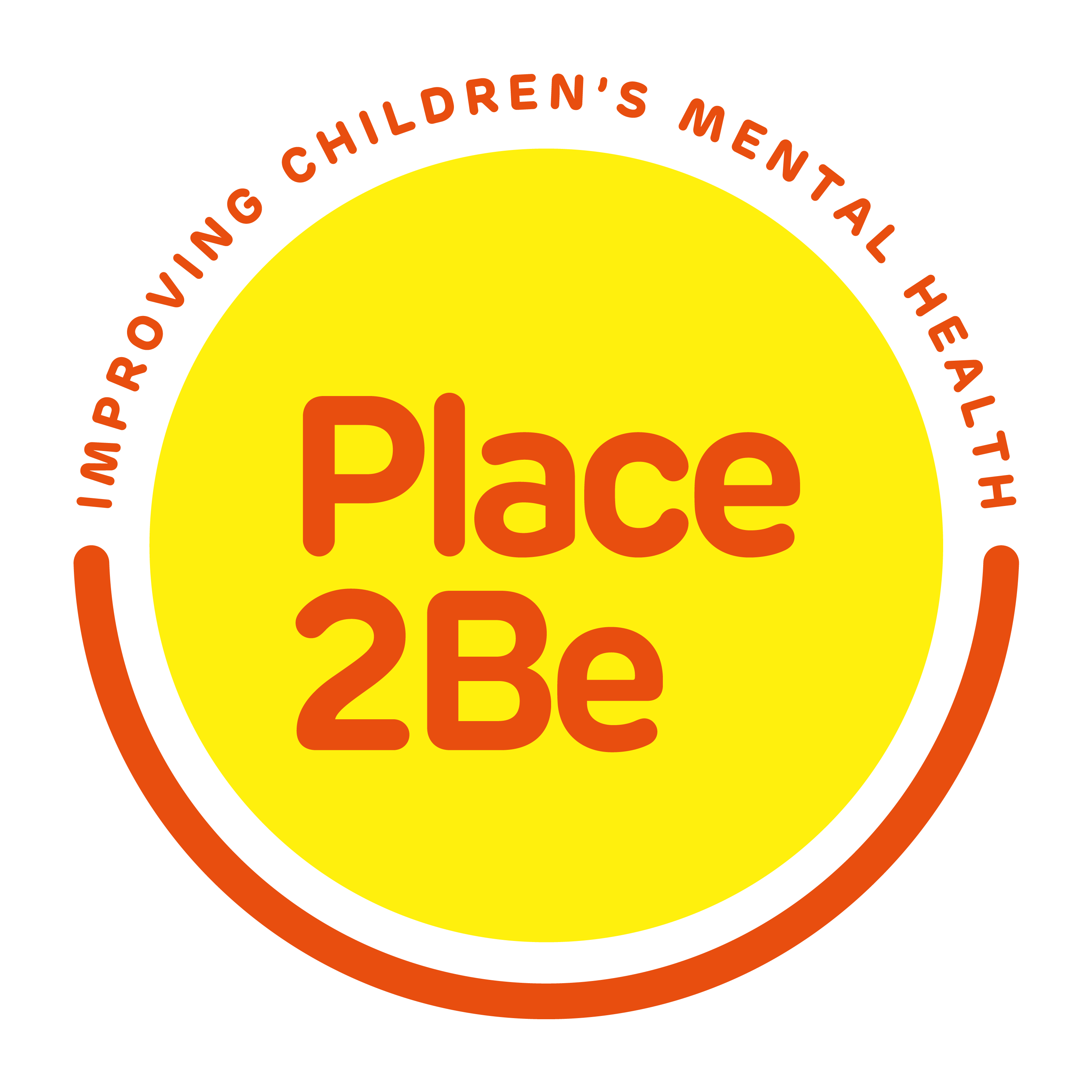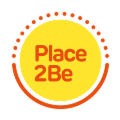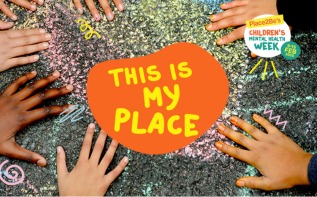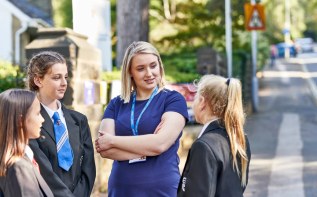Bursary and Scholarship pathway
Bursary and Scholarship pathway
We want our counselling training courses to be as accessible as possible.
Are you passionate about training to work therapeutically with children and young people but need some help to fund your training? Our bursary or scholarship funding is here to support you.
We offer bursaries for our:
- Introduction to Child Counselling Skills (Level 2 Award)
- Intermediate Child Counselling Skills (Level 3 Certificate)
We offer scholarships for our:
- Level 4 Diploma in School-Based Child Counselling
- Postgraduate Diploma in Counselling and Psychotherapy for Children and Young People in Schools.
It's important to us that those working as counsellors for children and young people reflect pupils in our schools, and our bursaries and scholarships will prioritise funding and supporting those from under-represented groups in the counselling profession.
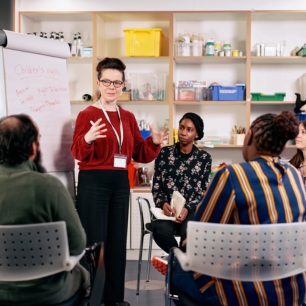
Discover what bursaries and scholarships we offer, find out if you're eligible to apply and understand our application process.
Learn about our pathway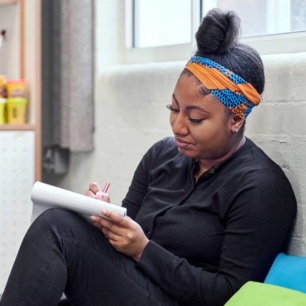
Get guidance on everything you need to include in your bursary or scholarship application.
Check out our application guide
Find out more about our counselling qualifications and what course is right for you.
Discover our counselling qualificationsGet in touch
If you've got a question, get in touch with us and our team will be happy to help!
Contact us